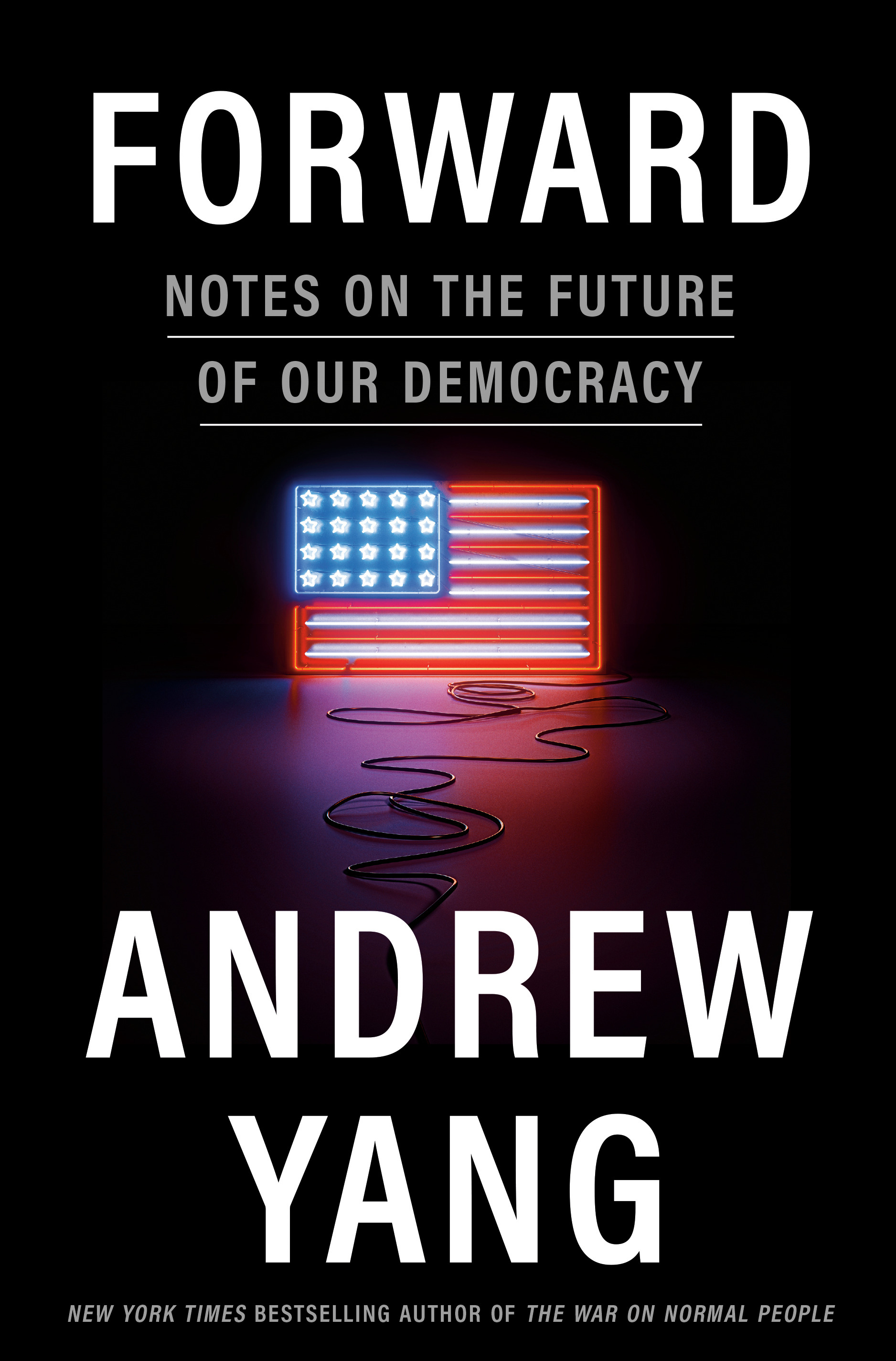What do you think?
Rate this book


368 pages, Hardcover
First published October 5, 2021
Perhaps the biggest example of this magical thinking is the political conversation around retraining workers, often expressed, absurdly, as “teaching people to code.” The actual success of government-funded retraining programs has been found to be near zero in a majority of cases, with many workers simply holding valueless certificates afterward. Has the politician ever tried coding before? Have they tried to retrain a thousand former manufacturing and retail workers? Would they hire those thousand people if they needed a thousand coders? How about a hundred thousand?
We accept ridiculous statements on their face because we have grown to regard them less as real actions or policy statements and more as simply value statements and political representations of the world as you wish it to be. The country has lost more than four million manufacturing jobs since 2000, devastating hundreds of once-thriving communities in the Midwest and the South. That’s fine; if ten politicians stand in a circle holding hands and chant in unison, “You’ll like to code, heed this refrain, despair not, you shall retrain,” those millions of workers shall all move to Seattle and become Amazon Web Services technicians.